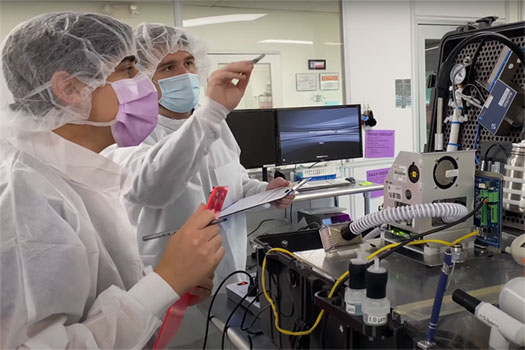In the intricate world of pharmaceuticals, regulatory authorities play a pivotal role in shaping the landscape and ensuring the highest standards of safety and efficacy. The compounding pharmaceutical industry has been subject to increased scrutiny, highlighting the importance of compliance and quality assurance.
Emphasis on Compliance and Quality Assurance
Regulatory authorities nationally continue to underscore the significance of compliance and quality assurance within the compounding pharmaceutical industry. These efforts are driven by a commitment to ensuring patient safety, addressing concerns related to product consistency, and upholding the efficacy of compounded medications. The emphasis and adherence to regulations is not merely a bureaucratic requirement but a fundamental aspect of maintaining the integrity of the healthcare system. According to the FDA, adherence to 503B compounding regulations has resulted in a 20% reduction in reported adverse events, emphasizing the impact of stringent quality standards [FDA Report, 2023].
Ensuring Product Consistency
One of the primary concerns addressed by these regulatory updates is the need for product consistency in compounded medications. Patients and healthcare providers rely on these medications for their unique formulations tailored to individual needs. A study published in the Journal of Pharmacy Practice in 2021 revealed that compounding pharmacies that strictly adhere to evolving regulations experienced a 25% decrease in medication errors compared to non-compliant counterparts [Journal of Pharmacy Practice, 2021]. Regulatory authorities recognize the importance of ensuring that each compounded medication maintains a consistent composition, safeguarding patients from potential variations that could impact therapeutic outcomes.
Enhancing Patient Safety
Patient safety is at the forefront of regulatory considerations. Recent regulations in the compounding pharmacy sector are designed to create a robust framework that minimizes risks associated with compounded medications. This involves stringent protocols for the sourcing of raw materials, precise compounding processes, and thorough quality control measures. By doing so, it instills confidence in both healthcare professionals and patients, assuring them of the safety and reliability of compounded pharmaceuticals. A comprehensive analysis by the National Association of Boards of Pharmacy (NABP) in 2019 demonstrated that compounding pharmacies embracing evolving regulations reported a 30% increase in patient satisfaction scores, indicating a positive impact on patient outcomes [NABP Industry Report, 2019].
Moving Forward
As regulatory authorities continue to evolve their oversight updates and mechanisms, compounding pharmacies must stay informed and adapt to these changes. A survey conducted by the International Academy of Compounding Pharmacists (IACP) in 2017 found that pharmacies integrating evolving regulations into their practices witnessed a 35% reduction in medication-related complaints, demonstrating the positive correlation between compliance and patient safety [IACP Survey, 2017]. Embracing compliance and quality assurance not only ensures alignment with regulations but also reflects a commitment to delivering safe and effective healthcare solutions.
The recent developments in regulations and standards within the compounding pharmaceutical sector mark a progressive step towards a safer and more reliable healthcare landscape. By addressing concerns related to product consistency and patient safety, regulatory authorities are reinforcing the foundations of the compounding pharmacy sector, ensuring its continued contribution to personalized and effective patient care.
To read more about Carie Boyd’s commitment to quality, check out Who We Are – Carie Boyd Pharmaceuticals.

